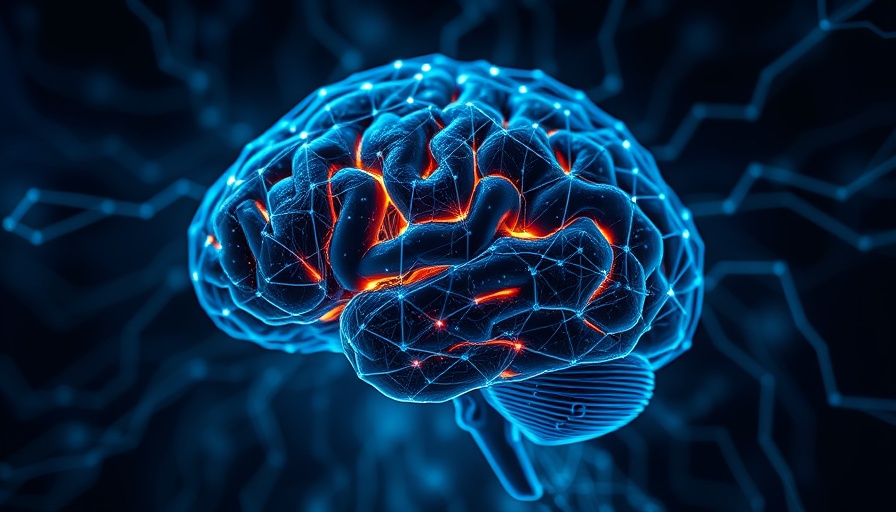
Understanding the Power of Psychological Treatment on Chronic Pain
Chronic pain is a pervasive issue affecting one in five adults, often complicating lives via conditions like back pain, migraines, arthritis, and long-term symptoms from concussions and cancer treatments. While conventional medicine frequently favors pharmacological interventions, recent findings indicate that psychological therapies may offer a robust alternative, leading to profound physical changes in the brain that mitigate pain.
The Science Behind Pain Relief: New Insights from Recent Studies
A pioneering study by Professor Lene Vase at Aarhus University, published in The Lancet, sheds light on the profound connection between mental health and chronic pain relief. While psychological methods have long been recognized for their ability to alleviate pain, this new research delves deeper, pointing to neurobiological changes that occur during psychological treatments. Vesting psychological wellness is now considered a critical factor in managing chronic pain.
The Role of Cognitive Behavioral Therapy (CBT)
One of the most effective psychological treatments identified is Cognitive Behavioral Therapy (CBT). This therapy addresses cognitive distortions and automatic thoughts—those subconscious streams of thinking that dominate when we're least aware. These automatic thought patterns can significantly exacerbate pain perceptions, leading individuals to worry about their health and reduce engagement with enjoyable activities. Professor Vase notes that interventions like CBT can alter brain activity, particularly in areas responsible for processing pain and emotions.
Transformative Brain Changes: What Do They Mean?
The physiological evidence from the study shows that brain networks involved in pain experience can be modified through psychological therapy. For years, many patients believed that a drop in pain post-therapy was merely psychological or emotional. However, with the research indicating actual brain changes, there is a growing acceptance of the necessity to combine mental and physical treatments in chronic pain management.
Potential Barriers to Psychological Treatment
Despite the promising findings, there's a substantial hill to climb in terms of wider acceptance and implementation of psychological methods in treating chronic pain. Stigmas surrounding mental health treatments can deter patients from seeking psychological help, often improperly prioritizing medication over psychotherapy. Additionally, accessibility remains an issue; not all patients have equal access to mental health services, further complicating the standard of care.
Relevance to Current Health Trends
The significance of this research resonates in today's rapidly evolving health and wellness landscape, where holistic approaches that address multiple facets of health—mental, emotional, and physical—are gaining traction. With increased recognition of the mind-body connection, such insights push for integrated treatment models that encompass both psychological and physical strategies.
Conclusion: Reimagining Chronic Pain Treatment
As chronic pain remains a significant challenge for millions, embracing psychological treatment could radically transform patient care. Learning how to leverage CBT and other therapies to enact real changes in the brain offers renewed hope for relief and better quality of life. As healthcare professionals increasingly appreciate the relationship between mind and body, it will be vital to advocate for a broadening of treatment modalities that include psychological therapy as standard practice.
For those seeking to enhance their understanding of optimal health practices, consider exploring community health and wellness activities or accessing resources that discuss integrative health between mind and body. The power of psychological treatment could be the key to unlocking a more fulfilling life where pain does not dictate your day-to-day experience.
 Add Row
Add Row  Add
Add 




 Add Row
Add Row  Add
Add 


Write A Comment